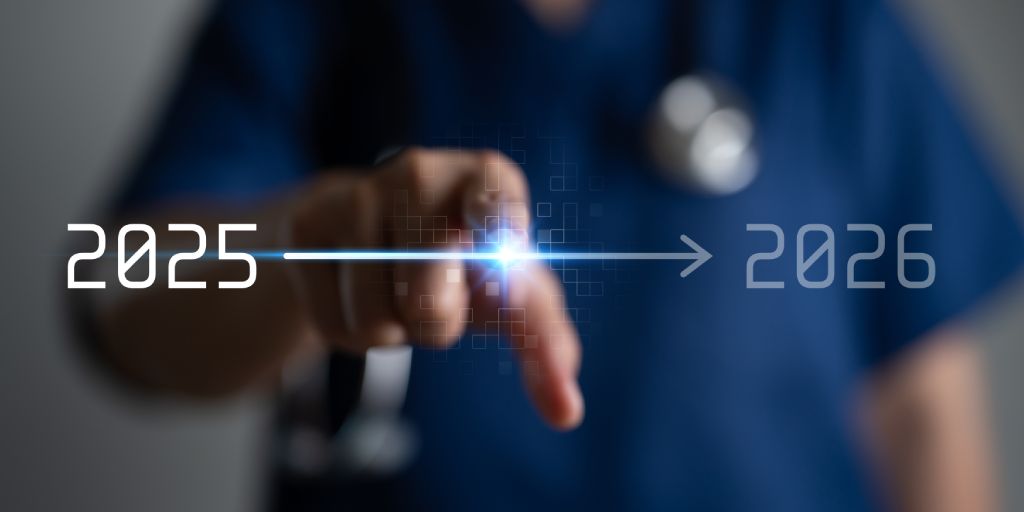Home > Blogs > Enhancing Clinician Wellness: Streamlining Clinical Documentation with an Ambient AI Scribe Solution
Enhancing Clinician Wellness: Streamlining Clinical Documentation with an Ambient AI Scribe Solution

Clinician wellness is not just a personal matter – it is vital to the overall effectiveness of healthcare systems. When healthcare professionals are mentally and emotionally well, they are better equipped to deliver high-quality care, make informed decisions, and foster meaningful connections with their patients.
However, in today’s healthcare environment, clinicians often face overwhelming workloads, much of which is tied to inefficient clinical documentation processes. These administrative burdens divert attention away from patient care, increasing stress and creating friction in the clinician-patient relationship. This not only leads to burnout but can also rob clinicians of the sense of purpose that drew them to the field in the first place.
Clinicians are spending 49.2% of their time on EHR and desk work and only 27% on direct face-to-face time with patients, according to research by the Annals of Internal Medicine. Transforming clinical documentation addresses these challenges by streamlining processes and reducing the time spent on paperwork. Organizations can improve workflows while reigniting clinicians’ sense of purpose, creating an environment where they can thrive and deliver the compassionate, high-quality care that patients deserve.
Clinician Well-being and the Impact on the Healthcare Ecosystem
When clinician well-being (professional fulfillment, engagement, and sense of meaning in work) is jeopardized, it impacts the care enablement balance which is core to clinician satisfaction, patient health outcomes, and an organization’s financial sustainability.
When one of these areas of the ecosystem is out of balance, the entire system struggles. Promoting clinician wellness helps improve:
- Clinician Satisfaction:
Happier clinicians result in increased work longevity, reduced burnout, and a reignition in the joy of practicing medicine. - Patient Health Outcomes:
Clinicians provide more compassionate care and build stronger clinician-patient relationships when they can focus more on direct patient care. - Organizational Sustainability:
More satisfied clinicians provide better quality of care, and organizations see a reduction in the costs that otherwise accrue from staff turnover, decreased productivity, and dissatisfied patients.
The Value of Addressing Burnout
The amount of administrative duties placed on clinicians results in barely more than half of the time in the examination room being spent on direct care with an additional 1-2 hours of after-hours work each night, mostly on EHR tasks. Instead, there’s a running list of things that need to be completed with each patient, including sending in scripts, referrals, and notes that take up their patient time and creep into the next appointment. Any tasks left unfinished during the day often spill over into the evening, cutting into downtime, or get pushed to the next day, leaving clinicians behind and increasing their stress.
However, combining technology with human expertise to manage these burdens leads to lasting improvements in performance for both clinicians and the entire organization. This can result in:
- Increased health outcomes
- Decrease in medical errors
- Patient satisfaction
- Improved clinician-patient relationships
- Strong clinical and organization reputations
- Reduced staff turnover
- Improved clinician work-life balance
- Positive impact on clinicians’ mental health
By removing these administrative burdens and optimizing clinical documentation using ambient AI technology, clinician burnout can be reduced.
The Right Ambient AI Scribe Technology Transforms Clinical Documentation
By using the right ambient AI scribe technology to optimize clinical documentation workflows, clinicians regain the time needed to spend on core patient care, improving their own satisfaction as well as that of the patients. GenAI has the capabilities to:
- Automate Medical Documentation: GenAI can automate the creation of clinical notes, capturing minute details from discussions with rapid turnaround more accurately than current workflows.
- Increase Direct Patient Care Time: Relieving clinicians from having to document while simultaneously caring for their patient enables them to provide comprehensive care without extending their workday to finish notes.
- Improve Clinician-Patient Relationships: This technology enables clinicians to work more efficiently and have more meaningful patient interactions where they can be more aware of and interpret non-verbal cues to improve care.
- Provide Cost Savings: Healthcare organizations can expect less staffing shortages, better retention, improved coding and reimbursement, and more resources for less cost.
- Enhance Clinical Decision-making: GenAI can support decision-making by analyzing real-time data to provide personalized insights and recommendations.
While this technology offers great efficiency, safety and accuracy must be prioritized. AI-generated notes must be validated to ensure that they are comprehensive, coded correctly, and aligned with existing patient data in the EHR. This task often falls on the clinician directly, but combining a clinically-trained human-in-the-loop (HITL) with this technology reduces this burden and safely unlocks the true value of GenAI.
Blending GenAI and Human Expertise for Maximum Ambient AI Scribe Solutions
While AI-driven clinical documentation solutions alleviate a significant amount of the workload, they still require information validation and enhancing the note. Incorporating a HITL in the process, rather than leaving these tasks to the clinician, ensures comprehensive, unbiased, and compliant results. It can also provide an iterative feedback loop to help continuously improve the AI system. This collaboration leverages the speed and efficiency of AI while maintaining the human expertise to validate and refine the documentation.
The right mix of technology and human oversight can achieve:
- Enhanced Accuracy and Reliability: HITLs validate the notes and ensure the final chart note is available in the EHR in a problem-based charting format.
- Improved Safety and Precision: In addition to removing hallucinations, notes are enhanced with supporting data from labs, reports, etc. This improves coding accuracy and compliance, supporting a quality-driven comprehensive note to ensure the full picture of the patient’s health.
- Bias Mitigation: Human oversight helps promote equity by identifying and correcting potential biases, such as racial bias in AI due to correlated income and race metrics from a healthcare risk-prediction algorithm relying on healthcare spending as a proxy for medical needs..GenAI learns from the correction of biases, ensuring it doesn’t occur again.
- Improved User Trust: Healthcare professionals who rely on the results for patient care can gain more trust in the AI system as HITLs provide insights and explanations for the outputs.
AI and Human Collaboration Maximizes Impact
Although there are instances where an AI-only generated note may suffice, the right combination of human expertise with GenAI technology is the safest, most effective way to create a comprehensive and complete note while reducing the administrative burden on clinicians as much as possible. Rather than spending additional time on the backend to correct, edit, and validate, clinicians can simply review and sign.
When paired with HITLs, this technology ensures that clinical documentation is not only faster but also more precise, reducing potential errors that could impact treatment decisions. This synergy leads to better informed clinical choices, improved patient outcomes, and a higher standard of care. With the administrative burden reduced, clinicians can dedicate their skills and time to more personalized care, boosting patient satisfaction. As clinicians and patients become more satisfied, the organization benefits from lower staffing turnover costs and sustained revenue through improved patient retention — restoring balance to the healthcare ecosystem.
Aligning Technology and Purpose
Ambient AI scribe solutions are transforming clinician wellness by reducing the administrative burden of documentation. IKS Health’s Scribble Swift and Scribble Pro harness the power of GenAI with human validation to combine speed and quality.
A trained scribe (or clinician for Scribble Pro) doesn’t just make the note stylistically acceptable. They also validate and enhance clinical information, extract information into relevant discrete data fields, and map to clinician-selected diagnoses to support coding compliance. Scribble Pro also includes E&M coding, reducing the risk of undercoding and removes the burden of coding from the clinician workflow entirely.
Clients who use IKS Health’s clinical documentation solutions could see up to 80% reduction in burnout and up to 35 hours per month of pajama time return back to clinicians. With more time to dedicate to patient care, clinicians can reconnect with the core reason they chose this profession: to make meaningful connections with their patients. By allowing them to focus on what truly matters — building relationships and providing quality care — Scribble Swift and Pro restore a sense of purpose to their work.



